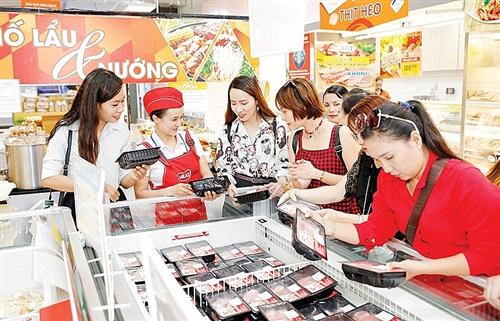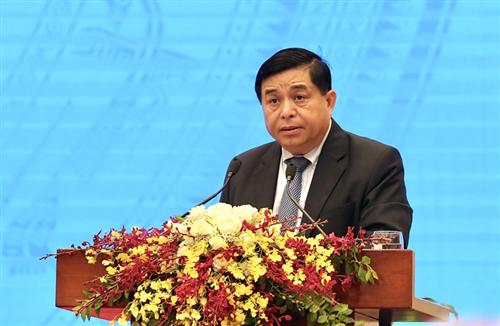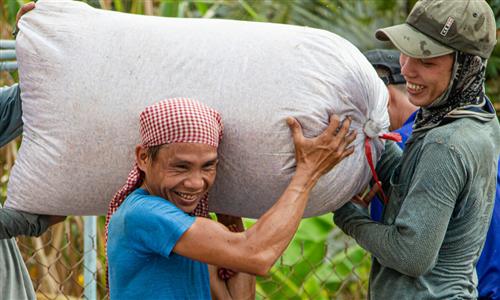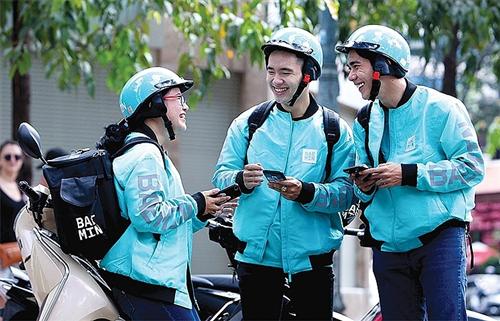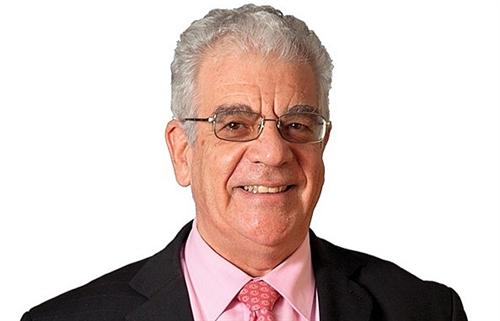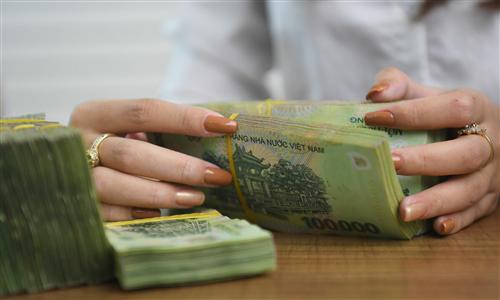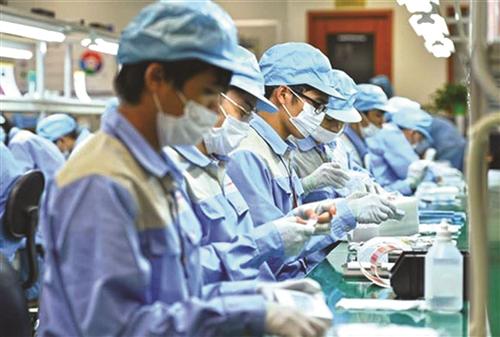Ho Chi Minh City must yearn for V-shaped economic recovery: PM
Ho Chi Minh City must yearn for V-shaped economic recovery: PM
Vietnam’s Prime Minister Nguyen Xuan Phuc expects Ho Chi Minh City’s economy to make a strong recovery after the novel coronavirus disease (COVID-19) pandemic, he said at an online meeting between the government and the city’s top leaders on Friday.

The meeting was also attended by Deputy Prime Minister Truong Hoa Binh, Deputy Prime Minister Trinh Dinh Dung, leaders of a number of ministries and agencies, Ho Chi Minh City Party Chief Nguyen Thien Nhan, and city leaders.
Speaking at the opening of the event, PM Phuc assessed that Ho Chi Minh City is a special-grade metropolis, holding great importance in economy, politics, society, science and technology of the country.
The city accounts for 20 to 23 percent of the country’s GDP and contributes to 25 percent of the national budget.
The southern metropolis had set a target of economic growth of more than six percent for 2020, the PM said.
“This is not only a commitment but also a responsibility to the country,” Phuc emphasized.
As the country is aiming for a gradual restart in economy post-COVID-19 social distancing, Ho Chi Minh City cannot and must not make a U-shaped or W-shaped economic recovery, he underscored.
“It has to be a V-shaped recovery,” the PM emphasized.
V-shaped, U-shaped, W-shaped, and L-shaped are terms commonly used by economists to describe different types of recessions.
In a V-shaped recession, the economy suffers a sharp but brief period of economic decline with a clearly defined trough, followed by a strong recovery.
A U-shaped recession is longer than a V-shaped recession, and has a less-clearly defined trough.
In a W-shaped recession, also known as a double-dip recession, the economy falls into recession, recovers with a short period of growth, then falls back into recession before finally recovering, giving a ‘down up down up’ pattern resembling the letter W.
An L-shaped recession or depression occurs when an economy has a severe recession and does not return to trend line growth.
Calling every enterprise a “soldier” playing “a very important role in the economic development,” PM Phuc said he wanted to see the business community in Ho Chi Minh City working together in a unanimous, proactive, and creative manner to overcome current difficulties.
The PM also gave his opinion on some of the city’s development proposals during the working session.
Specifically, he expressed his support for Ho Chi Minh City’s proposal of building a creative urban area in its eastern part.
Phuc also advised that the city leaders must immediately work on the disbursement of investment capital as it only disbursed 9.2 percent of its capital allocated from the state budget in the first four months of this year, which was lower than the national average.
The Prime Minister also reminded that the city tries its best to hit its target of the disbursement rates of 80 percent by October this year, and 100 percent by the end of the year.
The city needs to grasp the opportunity as Vietnam is being labeled as a safe destination for investment amid the global pandemic, the premier said.
In his report at Friday’s meeting, Ho Chi Minh City Party Chief Nguyen Thien Nhan said the city is trying to restore business activities to serve people’s needs.
The city will selectively reopen services and tourism sectors based on its analysis of the COVID-19 situations in other countries.
It aims to resume the full operation of consumer goods manufacturers in the second quarter of 2020, while working with partner countries to discuss the restart schedule for the export sector.
“Within [the next] five months, Ho Chi Minh City will restore all production and services activities,” Nhan said.
Vietnam has so far recorded just 288 cases of COVID-19, with 241 recoveries and no deaths.
There have been 56 COVID-19 patients in Ho Chi Minh City, of whom 50 have made a full recovery, according to a Ministry of Health tally.
The city started suspending non-essential businesses, including cinemas, clubs, bars, massage parlors, karaoke shops, and online game centers, on March 15, in a bid to curb the spread of COVID-19.
The prohibition was extended to entertainment and amusement centers, beer clubs, restaurants, catering businesses, gyms, billiard clubs, beauty and hair salons, and barbershops on March 24.
All aforementioned businesses, except bars, discos, and karaoke shops, were allowed to be resumed from Friday, May 8.







